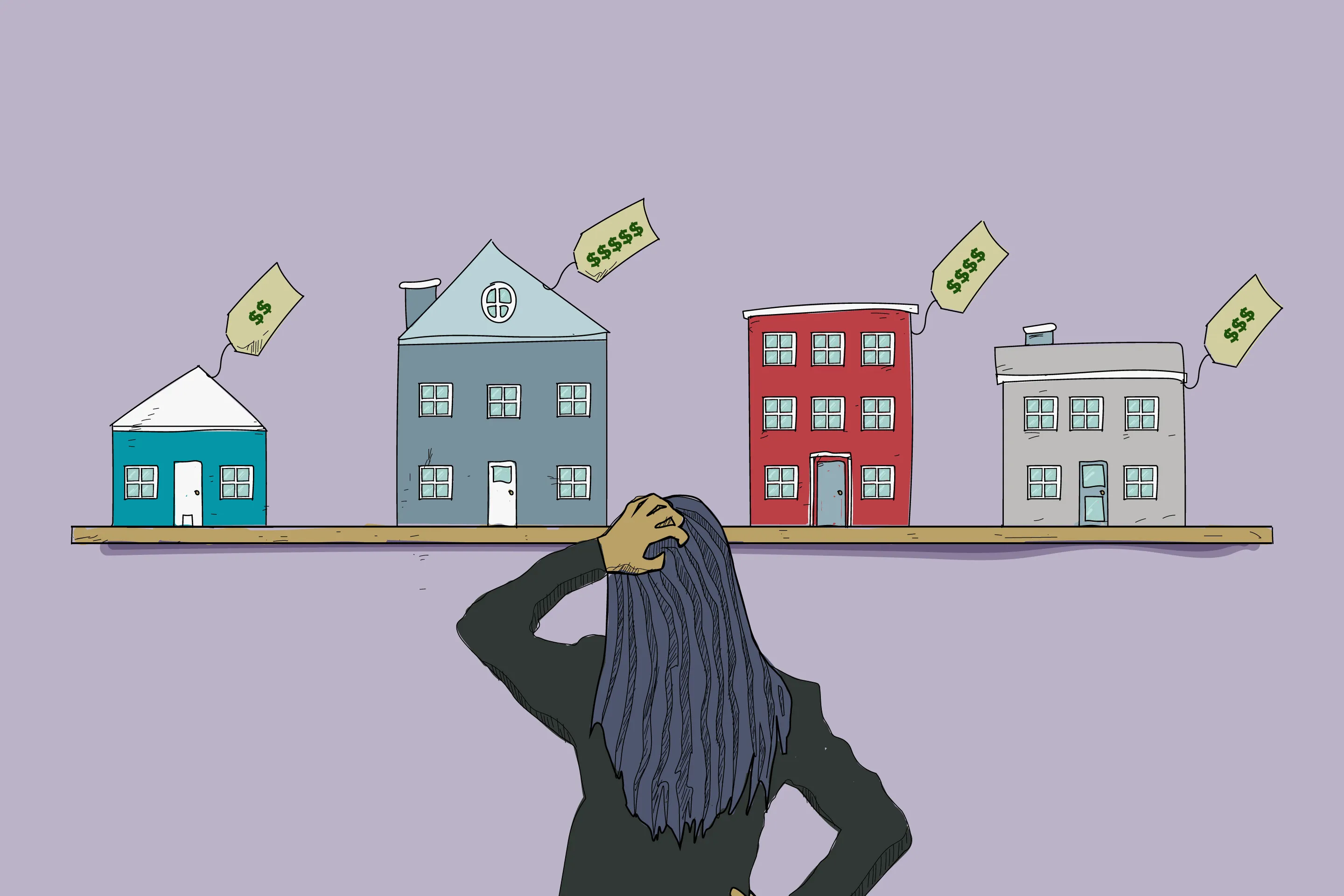How Much House Can I Afford?

Buying a home is a significant financial decision that requires careful consideration of various factors. One of the most important things to determine before purchasing a home is how much house you can afford. This calculation involves assessing your budget, mortgage options, down payment amount, and monthly income.
To figure out how much house you can afford, you need to consider the following key factors:
– Your loan amount, mortgage rate, and loan term
– The size of your down payment
– Your gross monthly income
– Your total monthly debt or expenses, including credit card debt, student loans, car payments, and other obligations
– State property taxes and closing costs
– Homeowner’s association (HOA) and condo fees
– Current mortgage rates
Most homebuyers opt for conventional mortgage loans, which typically require a minimum down payment of 3%, a credit score of at least 620, a debt-to-income ratio of 36%, and a monthly payment that does not exceed 28% of pre-tax income. Lenders also assess your ability to cover upfront costs like closing costs and insurance fees, while a larger down payment can increase your buying budget.
If you’re considering an FHA loan, you may be eligible for a mortgage with a lower down payment requirement, flexible credit score criteria, and higher debt-to-income ratios. FHA loans are ideal for individuals with lower incomes or limited credit history.
VA loans, on the other hand, offer benefits like no down payment requirement and lenient credit score requirements for active U.S. military members, veterans, and their spouses. These loans are backed by the Department of Veterans Affairs and have specific eligibility criteria based on military service.
USDA loans provide financing for homes in qualifying rural areas with no down payment requirement and the option to include mortgage insurance fees in the loan amount. Income limits and property eligibility criteria apply to USDA loans, making them a viable option for certain homebuyers.
To calculate your home affordability, consider factors like mortgage rates, credit scores, income, home value, debt-to-income ratio, property taxes, insurance, and HOA fees. Aim to keep your housing expenses under 30% of your pre-tax income and avoid overextending yourself financially.
Improving your home affordability can involve lowering your debt-to-income ratio, raising your credit score, and exploring federal loan options like FHA, VA, and USDA loans. These programs offer benefits that can help you afford the home you desire.
In summary, determining how much house you can afford requires a thorough assessment of your financial situation, loan options, and monthly budget. By considering all relevant factors and exploring different mortgage programs, you can make an informed decision when buying a home.





